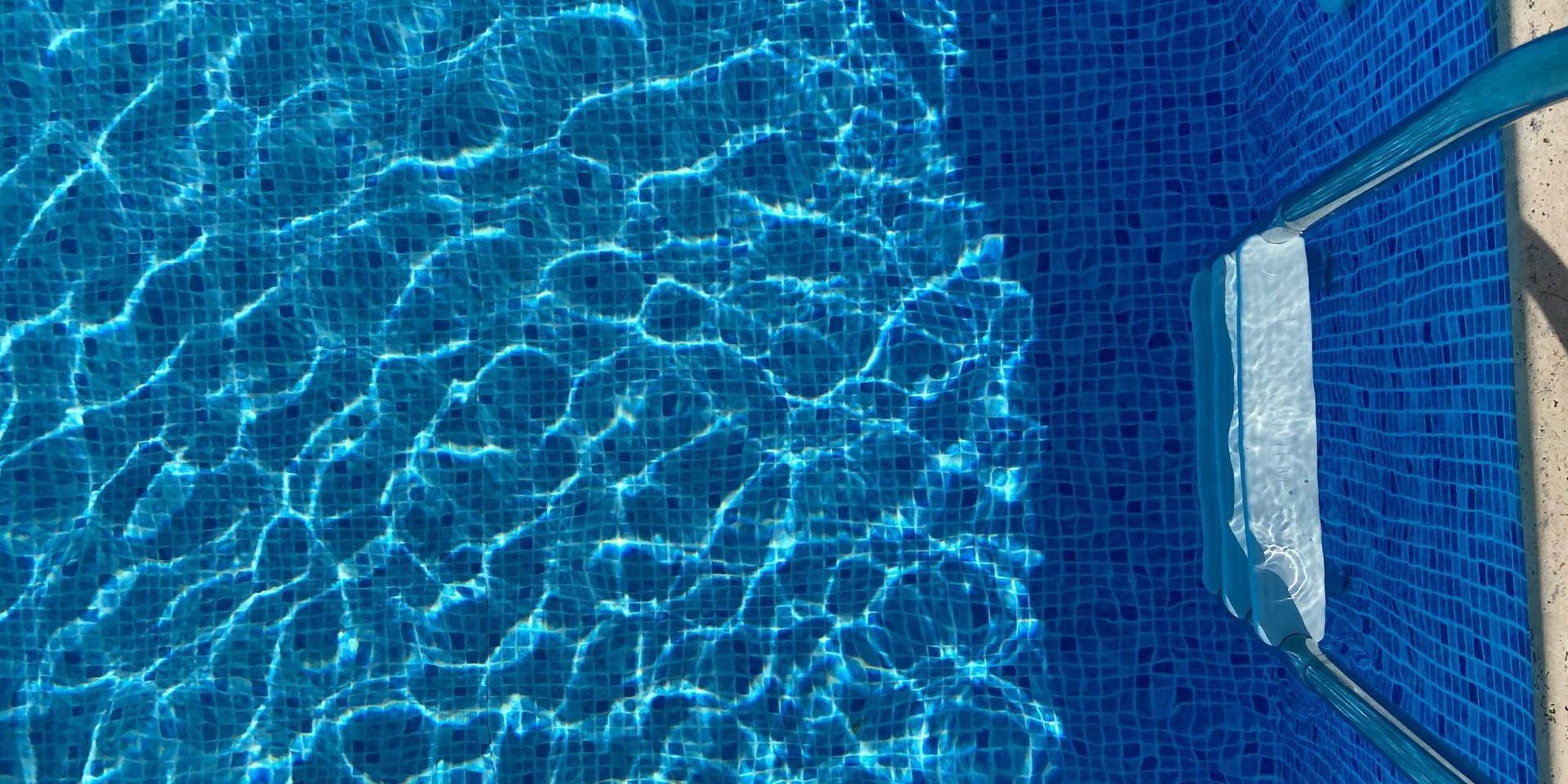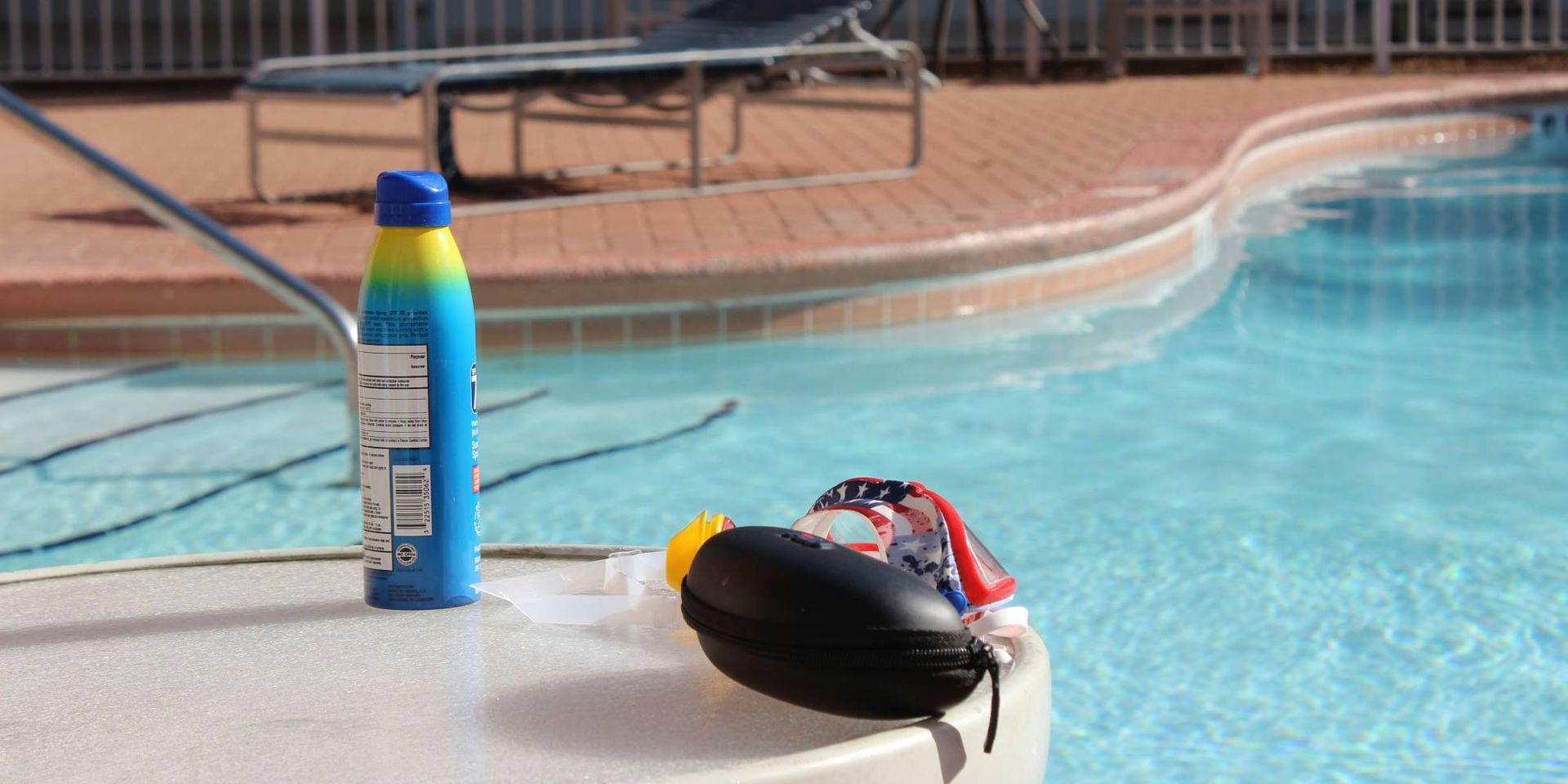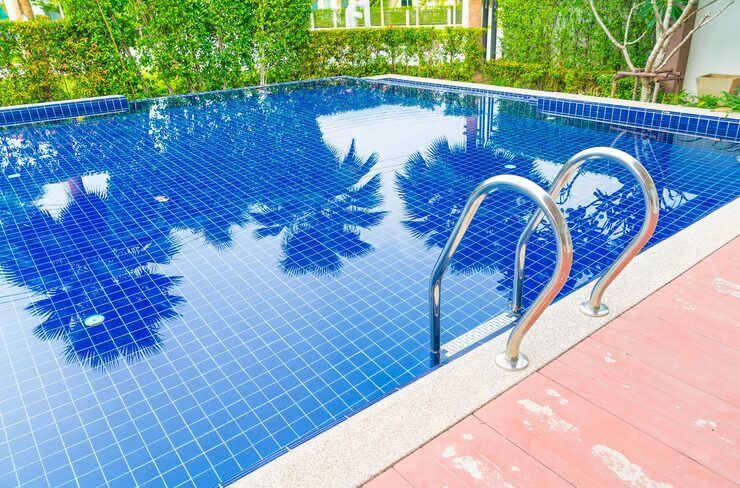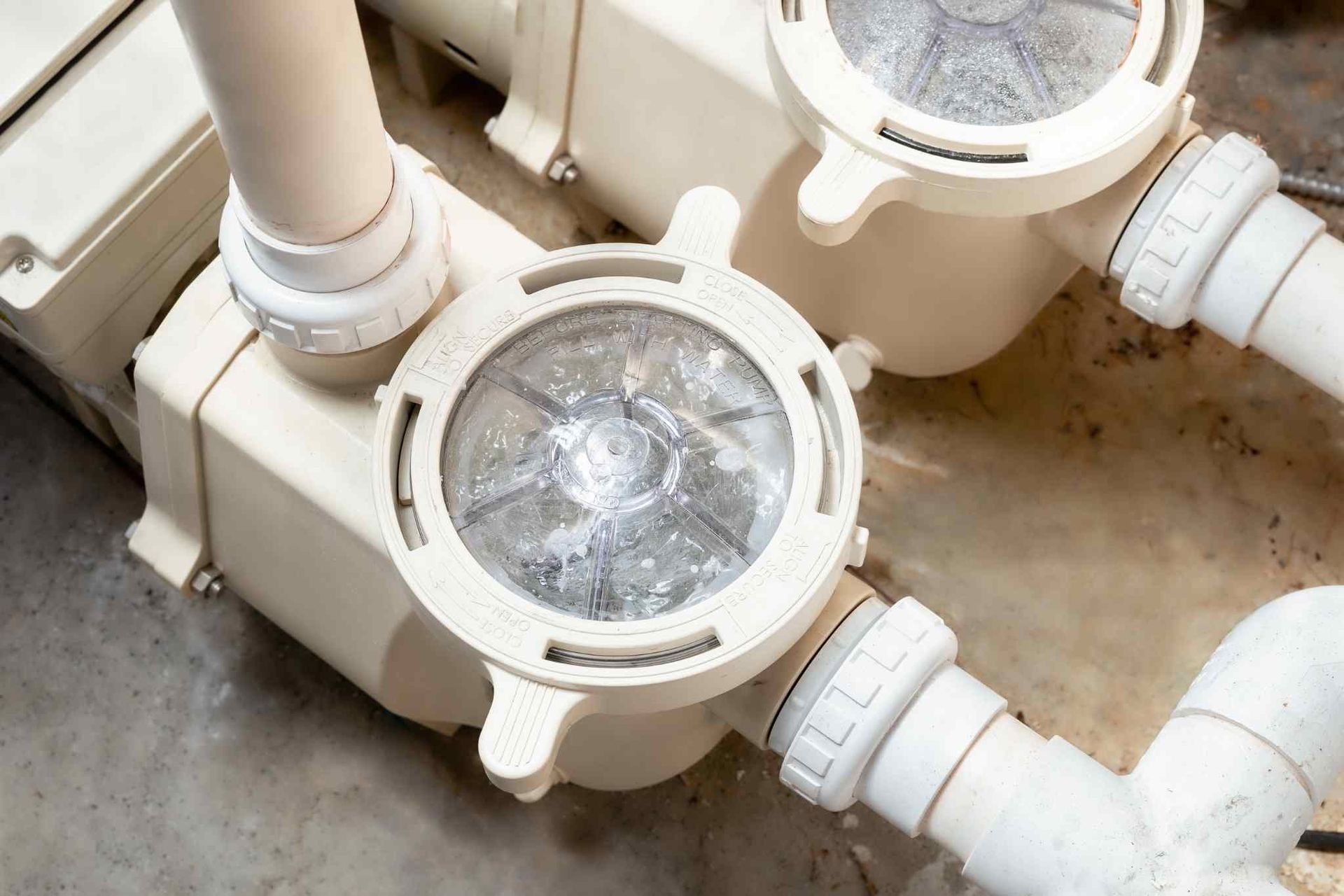How Pool Maintenance Companies Keep Pools Crystal Clear in Danbury, CT
Crystal-clear pool water is more than just visually appealing—it’s a necessity for safety, hygiene, and comfort. In Danbury, CT, maintaining that perfect clarity takes a combination of scientific know-how, consistent upkeep, and the support of experienced professionals. That’s why many homeowners rely on pool maintenance companies near Danbury, CT, to ensure their pools stay pristine from spring to fall.
Here are the key methods and services that
local swimming pool maintenance experts use to keep pool water sparkling clean all season long.
Table of Contents
- Key Takeaways
- 1. Test and Balance Water Chemistry Weekly
- 2. Remove Debris and Clean Pool Surfaces Regularly
- 3. Maintain a Healthy Filtration System
- 4. Shock the Pool When Needed
- 5. Control Algae with Preventive Treatments
- 6. Ensure Proper Circulation
- 7. Conduct Regular Equipment Inspections
- 8. Adjust for Seasonal Needs in Danbury, CT
- 9. Offer Professional-Grade Products and Expertise
- 10. Educate Pool Owners for Better At-Home Maintenance
- How to Find the Right Pool Maintenance Company
- Frequently Asked Questions
- Ready for Crystal-Clear Pool Water? Trust FJV Construction!
Key Takeaways
✔
Maintaining balanced water chemistry weekly is essential to keeping pH, chlorine, and alkalinity levels in check for clear and safe pool water.
✔ Regularly removing debris by skimming, vacuuming, and brushing helps prevent algae growth and water cloudiness.
✔ Servicing the filtration system ensures that filters are clean and functioning properly to capture fine particles and maintain clarity.
✔ Shocking the pool when needed eliminates contaminants that standard chlorination can’t handle, especially after heavy use or rainfall.
✔ Preventing algae growth early with algaecides, phosphate control, and strategic brushing keeps water clear and surfaces clean.
✔ Ensuring proper water circulation allows chemicals to distribute evenly and debris to reach the filter for effective removal.
✔ Inspecting equipment regularly helps detect and fix issues with pumps, filters, and chlorinators before they lead to costly problems.
✔ Adjusting maintenance seasonally—especially during spring openings and fall closings—protects the pool and its equipment year-round.
✔ Using commercial-grade chemicals provides more stable, long-lasting water treatment than typical retail products.
✔ Teaching pool owners simple maintenance tasks like skimming, brushing, and monitoring equipment supports clarity between professional visits.
1. Test and Balance Water Chemistry Weekly
A chemically balanced pool is the foundation of crystal-clear, healthy water. Regular water testing is the first line of defense against algae, bacteria, and swimmer discomfort.
Key Elements Tested Weekly
- pH Level (7.2–7.6): Ensures chlorine works efficiently and prevents skin and eye irritation.
- Chlorine (1–3 ppm): Acts as a disinfectant, killing harmful microorganisms.
- Total Alkalinity (80–120 ppm): Helps stabilize the pH level and prevents erratic fluctuations.
- Calcium Hardness (200–400 ppm): Prevents water from becoming too corrosive or scaling, which can damage surfaces and equipment.
Why Professional Oversight Matters
- Accurate Testing with Professional Tools:
Licensed pool maintenance contractors use advanced digital test kits and reagents for precise readings.
- Precise Chemical Adjustments: Adjustments are made using measured dosages of chemicals, preventing overcorrection or undertreatment.
- Consistent Results with Scheduled Service: Weekly service through full-service pool care packages keeps the chemistry stable, especially during high usage or temperature fluctuations.
- Cyanuric Acid Monitoring: Ensures that chlorine doesn’t degrade too quickly from sunlight.
- Salt Levels (for saltwater pools): Keeps chlorine generation effective without damaging salt cells.

2. Remove Debris and Clean Pool Surfaces Regularly
Debris not only disrupts aesthetics but also affects water chemistry and promotes algae formation. Manual
cleaning is a non-negotiable part of routine care.
Why Regular Cleaning Is Crucial
- Debris Decomposes Quickly: Leaves and insects break down, introducing phosphates and increasing chlorine demand.
- Cloudiness and Stains: Organic material settles on surfaces and causes unsightly staining if not promptly removed.
- Pest Attraction: Stagnant debris can attract unwanted insects or animals.
Typical Cleaning Tasks Required
These tasks are performed weekly or bi-weekly, depending on your full-service pool care package and the pool's location (e.g., near trees or open lawn).
Surface Skimming: Removes leaves, bugs, and pollen using fine-mesh nets.- Manual Brushing: Pool walls, steps, waterline tiles, and floor bare surfaces are rushed to dislodge biofilm and prevent algae formation.
- Vacuuming: Manual or robotic vacuums are used to remove fine sediment and dirt from the pool floor.
- Emptying Skimmer and Pump Baskets: Ensures proper flow and filtration without clogging.
3. Maintain a Healthy Filtration System
Even with perfectly balanced water and daily cleaning, the pool will turn cloudy without reliable filtration. The filtration system is the silent workhorse of your pool setup. Poor filtration leads to algae outbreaks, cloudy water, and increased chemical use. Scheduled attention through routine pool inspections and repairs ensures your system runs smoothly without costly surprises.
Filter Types and How They Work
- Sand Filters:
Use fine sand to trap dirt and debris. Require periodic backwashing.
- Cartridge Filters:
Use pleated cartridges for fine filtration; cleaned with a hose or replaced as needed.
- Diatomaceous Earth (DE) Filters: Offer the finest filtration; DE powder coats internal grids to capture even microscopic particles.
Services Provided by Licensed Pool Maintenance Contractors
- Pressure Gauge Checks:
Determines if the filter is clogged and needs cleaning or backwashing.
- Filter Media Inspection:
Cartridges are cleaned or replaced. Sand is replaced every 3–5 years to maintain effectiveness. DE powder is replenished, and grids are inspected for wear.
- Pump Functionality Assessment:
Ensures proper circulation through the filter and identifies leaks, air pockets, or abnormal noises.
4. Shock the Pool When Needed
Routine shocking is often part of full-service pool care packages, performed weekly or as-needed to prevent the build-up of contaminants before they affect water quality. For instance, the CDC reported a significant rise in diarrhea outbreaks caused by cryptosporidiosis, a parasitic infection linked to contaminated pool water.
When Shocking Is Necessary
- After Heavy Use:
Large groups introduce sweat, body oils, and contaminants that increase chlorine demand.
- Following Rainstorms:
Rain can dilute sanitizer levels and introduce organic matter like pollen or dust.
- When Combined Chlorine Levels Rise: The presence of chloramines (used-up chlorine) signals the need for shocking to restore free chlorine levels.
Why Professional Pool Care Services Excel
- Comprehensive Water Data Testing:
Local swimming pool maintenance experts use water testing data to calculate exact dosages based on pool volume, chlorine demand, and current combined chlorine readings.
- Integration of the Right Pool Shock Type:
- Calcium Hypochlorite:
Strong and fast-acting; used for standard shocks.
- Non-Chlorine Shock (Potassium Monopersulfate):
Ideal for quick oxidation without raising chlorine levels.
- Risk Management:
Licensed pool maintenance contractors know how to avoid over-shocking, which can corrode equipment, bleach liners, and cause swimmer irritation.
5. Control Algae with Preventive Treatments
Algae are not just unsightly—they can compromise swimmer safety and quickly lead to murky, unusable water. Proactive treatment is far more effective than reactive scrubbing. Because early signs of algae can be subtle, pool maintenance companies near Danbury, CT, use trained eyes and testing tools to detect and treat problems before they bloom.
Types of Algae Common in Danbury Pools
- Green Algae:
Most common and fastest-growing; makes water cloudy and slimy.
- Yellow (Mustard) Algae:
Clings to walls and resists standard chlorine levels.
- Black Algae: Penetrates pool surfaces and requires aggressive chemical and brushing treatment.
How Professional Pool Care Services Prevent Growth
- Algaecide Application:
Used weekly to create an inhospitable environment for spore development.
- Brushing Critical Zones:
Licensed pool maintenance contractors focus on corners, steps, behind ladders, and light niches.
- Stabilized Chlorine Levels:
Maintaining optimal sanitizer levels helps prevent algae from gaining a foothold.
- Phosphate Reduction:
Lowering phosphate levels (a primary algae food source) reduces the chance of outbreaks.
6. Ensure Proper Circulation
Water that doesn’t move is a breeding ground for bacteria and algae. Good circulation ensures chemicals are distributed evenly and debris is directed toward the filtration system. These checks are part of routine pool inspections and repairs and are essential to sustaining healthy water quality without over-relying on chemicals.
Key Circulation Components
- Pump:
The heart of the system draws water through the skimmer and main drain to the filter.
- Returns and Jets: Push clean, filtered water back into the pool and aid in circulation patterns.
- Skimmers: Collect floating debris and guide it toward the filter for removal.
What Local Swimming Pool Maintenance Experts Do
- Assess Pump Size and Flow Rate:
Ensures the pump is powerful enough for the pool’s size and design.
- Monitor Run Times:
Recommend 8–12 hours/day in summer or more during high use.
- Check for Obstructions:
Look for clogged baskets, blocked returns, or partially closed valves that impede flow.
- Adjust Jet Angles:
Optimize water movement to eliminate dead zones where contaminants can accumulate.

7. Conduct Regular Equipment Inspections
Mechanical issues are one of the leading causes of poor water clarity, reduced sanitation, and expensive emergency repairs. In addition to installation costs, owning a pool involves regular maintenance expenses, which vary by pool type.
On average, homeowners plan to
spend between $80 and $150 per month on upkeep, including seasonal opening and closing, as well as necessary chemicals. Regular inspections ensure early detection and extend equipment life.
Key Equipment Checked During Routine Pool Inspections
- Pumps:
Technicians check for leaks, overheating, loss of prime, and unusual noises that could signal motor wear or clogged impellers.
- Filters:
Inspected for pressure consistency, cleanliness, and proper backwash functionality to ensure filtration efficiency.
- Chlorinators and Feeders:
Checked for blockages or inconsistent chemical delivery, which can throw off water balance.
- Timers and Automation Systems:
Reviewed to confirm scheduled run times are operating correctly and to prevent pump failure due to timing errors.
- Plumbing and Valves: Visual inspections identify leaks, cracks, or pressure drops in piping systems that could lead to circulation issues.
Why It Matters
- Licensed pool maintenance contractors can make minor adjustments on-site before issues turn costly.
- Most full-service pool care packages include these inspections, giving homeowners peace of mind year-round.
- Routine checks support long-term system performance, reduce energy usage, and ensure safe operation.
8. Adjust for Seasonal Needs in Danbury, CT
The shifting New England climate requires seasonal adaptation to prevent costly damage and maintain pool health. Pool maintenance companies near Danbury, CT, are well-versed in these cyclical needs.
Spring Opening Services
- Cover Removal and Debris Cleanup:
Prevents algae and contaminant buildup before chemical balancing.
- System Restart:
Pumps, filters, and heaters are brought online, primed, and tested for leaks or mechanical issues.
- Initial Water Treatment: Shock treatment, pH balancing, and algaecide applications help stabilize water after months of stagnation.
Fall Closing Services
- Deep Cleaning:
Reduces the risk of organic buildup and contamination during the off-season.
- Chemical Pre-Treatment:
Final shock and algaecide dosing prevent growth during winter.
- Water Level Adjustment and Equipment Winterization:
Protects plumbing and surfaces from freezing and cracking.
- Cover Installation and Plugging: Skimmer plugs and pool covers seal the system for winter weather.
Seasonal Offerings by Local Swimming Pool Maintenance Experts
- Services are tailored to regional weather patterns and property-specific needs.
- These transitions are scheduled in advance as part of full-service pool care packages, ensuring pools remain structurally and chemically sound through each season.

9. Offer Professional-Grade Products and Expertise
Not all chemicals are created equal. While over-the-counter products are available, they often vary in concentration and effectiveness. Professional pool care services use high-quality, stabilized formulas with greater precision and reliability.
Advantages of Using Commercial-Grade Products
- Consistent Potency:
Ensures predictable chemical reactions and fewer fluctuations in water chemistry.
- Longer-Lasting Effects:
Reduces the need for frequent chemical adjustments, saving money and effort.
- Reduced Side Effects: Stabilized formulas are less likely to cloud water, corrode equipment, or irritate swimmers.
Why Expertise Makes the Difference
- Licensed pool maintenance contractors understand proper dosing, sequencing, and interaction of different chemicals.
- Experts prevent common DIY mistakes such as mixing incompatible chemicals, overusing shock or algaecides, and incorrect pH correction that leads to scaling or etching.
- Combined with routine pool inspections and repairs, this results in cleaner water, safer swimming, and fewer issues.
10. Educate Pool Owners for Better At-Home Maintenance
The relationship between pool professionals and homeowners doesn’t stop with scheduled service. Local swimming pool maintenance experts provide hands-on guidance to help pool owners maintain cleanliness and efficiency between visits. These small efforts can prevent major issues from developing.
Simple At-Home Tips That Make a Big Impact
- Keep Water Levels Consistent:
Maintain the waterline halfway up the skimmer opening. Low water can cause the pump to suck air, while high water reduces skimmer efficiency.
- Skim Debris Daily or After Storms:
Use a leaf skimmer net to remove floating leaves, bugs, and pollen before they sink and decay, affecting water balance and clarity.
- Brush and Spot Clean Problem Areas:
Lightly brushing steps, corners, and tile lines between visits helps deter early-stage algae or scale formation.
- Monitor Pump Timers:
Ensure the pump is running the recommended 8–12 hours per day, especially in warm months. Proper run time is crucial for water circulation and filtration.
- Check Skimmer and Pump Baskets:
Empty these baskets weekly to prevent blockages that reduce filtration efficiency and strain the pump motor.
- Use a Pool Cover When Not in Use:
Covers help minimize evaporation, reduce chemical loss, and keep out leaves, insects, and airborne debris—especially useful between scheduled cleanings.
- Perform Quick Visual Inspections: Look for signs like cloudy water, reduced jet pressure, or floating debris that could indicate circulation or sanitation issues.
Why Professional Pool Care Services Encourage Education
- Informed homeowners can catch small issues early and communicate them clearly to their service provider.
- Collaboration between pool owners and licensed pool maintenance contractors leads to better results and more consistent water clarity.
- Proactive practices complement routine pool inspections and repairs, reinforcing long-term care without requiring advanced technical skills.
How to Find the Right Pool Maintenance Company
Choosing the right partner is critical to consistent, crystal-clear pool care. Here are essential tips to help you identify the best pool maintenance companies near you in Danbury, CT:
Verify Certifications and Experience: Trust only licensed pool maintenance contractors with a proven track record in the region.- Read Local Reviews:
Testimonials from other
Danbury homeowners provide insight into the reliability of professional pool care services.
- Ask About Services: Not all companies offer the same full-service pool care packages. Clarify what’s included—testing, cleaning, shock treatments, etc.
- Check Response Times:
Emergencies happen. Make sure your provider can handle urgent routine pool inspections and repairs.
- Request Estimates:
Reputable companies provide clear pricing and walk you through their approach before you commit.
- Look for Local Knowledge:
Connecticut's climate presents unique challenges. Work with local swimming pool maintenance experts who understand seasonal shifts.
Frequently Asked Questions
Is weekly pool service worth it?
Yes, weekly pool service is worth it for maintaining clean, safe, and properly balanced water. Regular visits prevent costly repairs by catching issues early. It also saves homeowners time and ensures professional-grade results.
How do I choose a pool service company?
Start by looking for licensed contractors with strong local reviews and verifiable experience. Ask about their service packages, response time, and seasonal expertise. Choose a company that offers clear communication and customized care.
What is the most expensive part of a pool?
The most expensive part of a pool is typically the filtration and pump system, especially if it needs full replacement. Heaters and automated covers can also drive up costs. Ongoing maintenance helps extend the life of these components.
Do pool companies negotiate?
Some pool companies may offer flexibility on pricing for bundled services or seasonal promotions. It's acceptable to ask about discounts or custom packages. Just be sure not to sacrifice quality or reliability for a lower price.
How long does the average pool last?
A well-maintained inground pool can last 20–30 years or more. Components like liners, filters, and pumps may need replacement every 5–10 years. Regular service significantly extends the overall lifespan of the pool.
Ready for Crystal-Clear Pool Water? Trust FJV Construction!
If you're looking for reliable, professional pool care in your area, FJV Construction is the trusted name residents of Danbury, CT, turn to season after season. With years of experience and a commitment to quality, FJV Construction offers full-service pool care that keeps your water sparkling clean and your system running smoothly. Whether you need weekly maintenance, seasonal prep, or expert repairs, FJV Construction has you covered.
Don’t wait for problems to surface—choose FJV Construction in Danbury, CT, today!




